Digital Nomads Keep Flocking Into The Mexican Caribbean – Here’s Why
4 min readLast Updated 1 year ago
Digital nomads are leaving the U.S. for the Mexican Caribbean in droves.
Recent research on migration trends confirm it is now the second most sought-after destination for expats in Mexico, second only to Mexico City, despite the exceedingly high cost of living.


The question is: why are overtouristed places like Cancun, Tulum, and Playa del Carmen still so popular among long-term travelers when Mexico is yet to launch a Digital Nomad Visa (DNV) of its own, and when there are far more affordable options to consider?
Quintana Roo Is The Second Most Popular Destination For Expats In Mexico
According to the independent research group México, ¿Cómo Vamos?, which has routinely kept track of migration into Mexico in the last few years, Quintana Roo (QR) is now the second-most-popular state for foreigners moving to the country.
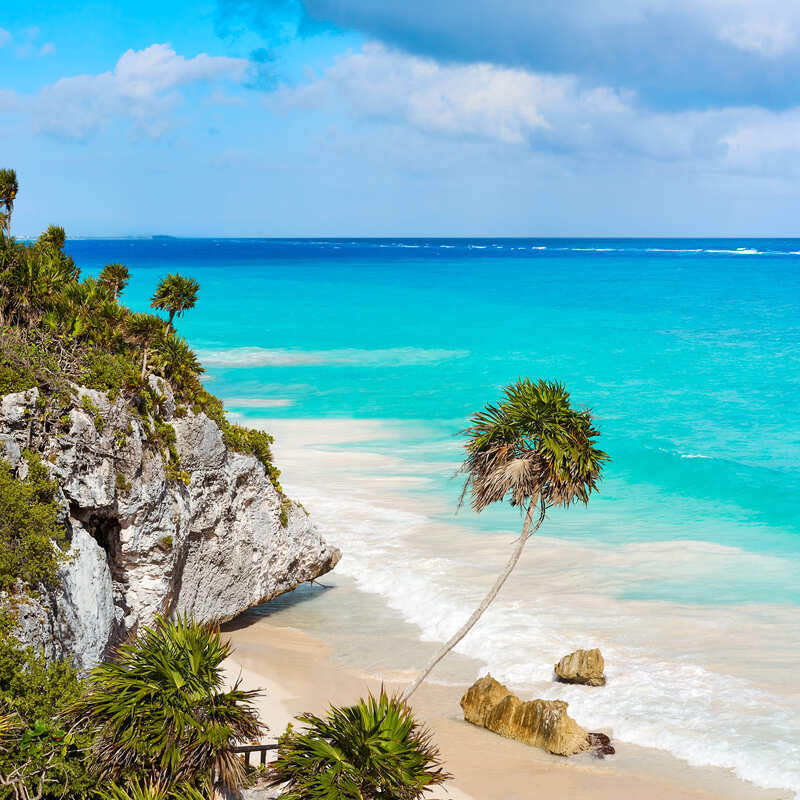

Straddling the Mexican Caribbean coast, an area of outstanding natural beauty boasting white sand beaches and turquoise-colored waters, it is home to the tourism powerhouse that is Cancun and some of the top-rated, most luxurious resort strips in the entire world.
The latest report, aptly titled ‘Immigration in Mexico, more openness, fewer barriers‘, concludes that QR authorities issued 25,000 temporary residency permits in the last six years.
Between 2016 and 2022, only the capital, Mexico City, granted more, with over 50,000 new residents registered.
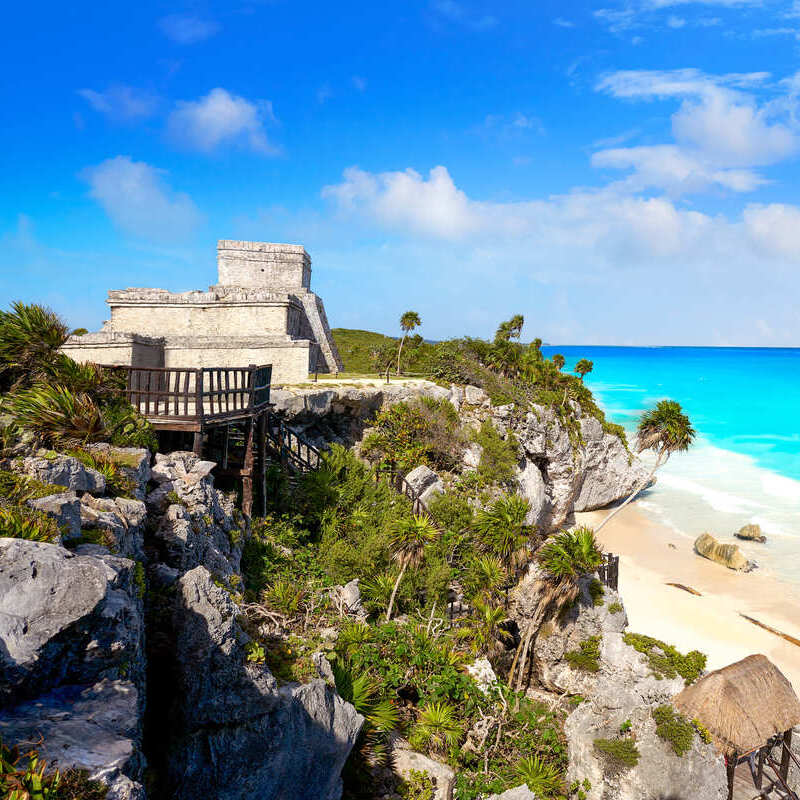

In third place, the state of Jalisco, where Puerto Vallarta is located, issued 22,000 permits.
Digital Nomads Flock Into The Mexican Caribbean
The fact that tens of thousands of foreigners, a significant percentage of those being Americans, have applied for temporary permits in the preceding six-year period, potentially in hopes of becoming permanent residents in the future, is further proof the Mexican Caribbean is trendier than ever.
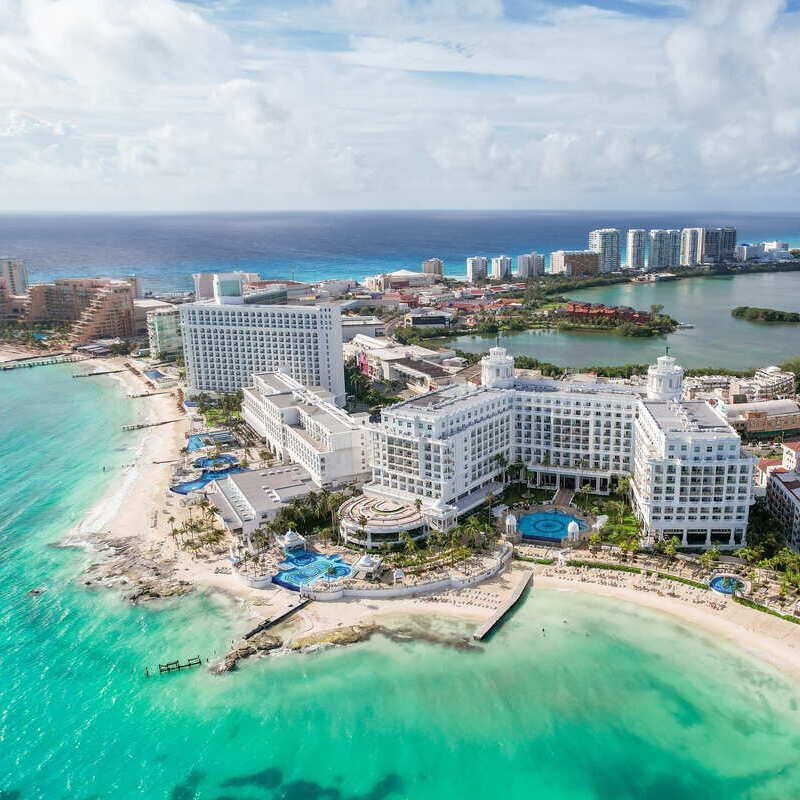

Digital nomads will not necessarily apply for long-term permits, unlike American retirees or families resettling, but they are still flocking to the coast in record numbers, taking advantage of the generous six-month tourist visa issued on arrival to U.S. passport holders.
While the research does mention the contribution of digital nomads to these figures, it does not offer an estimate on the number of digital nomads residing in Mexico through frequent visits on a tourist visa since 2016 or how many applied for residency permits since then.


However, based on other figures, such as the number of participants in Facebook groups for American nomads and expats in Mexico, and the rapid internationalization of cities like Cancun, where English is now used interchangeably with Spanish in some areas, we can infer the community is large.
But what is it about the Mexican Caribbean that keeps drawing them in?
Why Is The Mexican Caribbean Still This Popular?
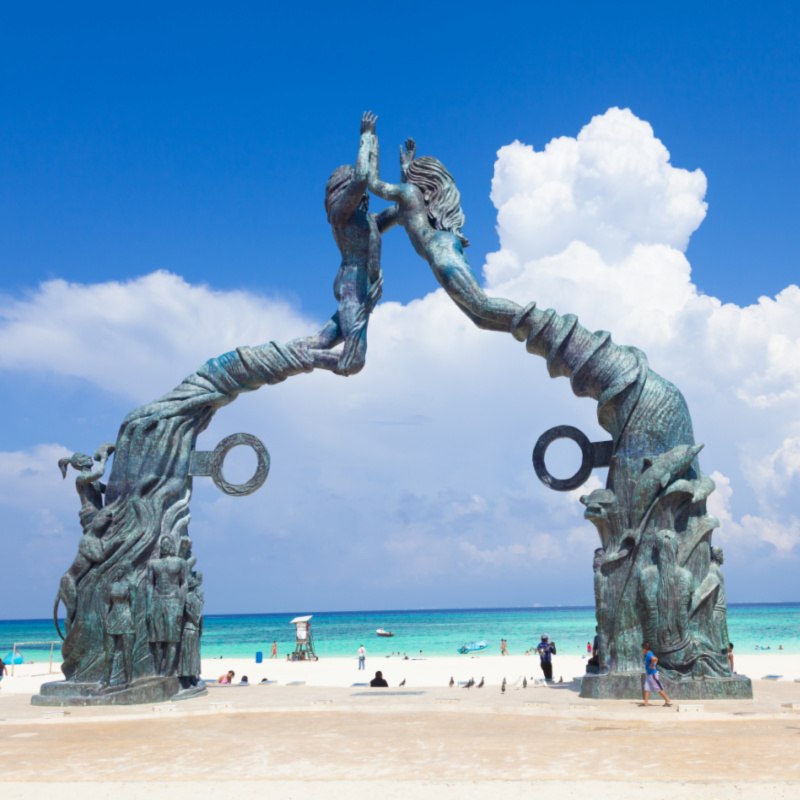

This might seem surprising to some, considering the elevated prices on the coast and the fact that Mexico is one of a handful of digital nomad hubs yet to launch a visa specific for this category, unlike their geopolitical partners in Colombia and Brazil.
With that being said, they are still able to apply for residency permits based on their income, just not purely as remote workers.
In order to live in Mexico for longer than six months at a time, they must fit the financial criteria for applying for temporary residency.


In most cases, earning USD $3,275 per month in the six months preceding the application will suffice.
This is still lower than the minimum required by many prohibitive DNVs available in the market, particularly in Europe or island destinations.
Of course, those who do not intend to reside on the coast permanently can still remain in the national territory for up to six months.
There are not that many countries that grant Americans tourist visas exceeding three months, but Mexico is one of them.


Besides facilitated immigration, if you’re from the U.S. or Canada, QR offers year-round warm weather, as well as numerous scenic swimming spots, postcard-worthy ocean vistas, and a laid-back atmosphere, especially in traditional Mayan settlements away from the development zones.
Additionally, the tourist offer plays a huge part in QR’s attractiveness.
It is packed with beautiful colonial towns, some of the best-preserved ruins from the pre-Columbian era, such as the iconic Chichen Itza pyramidal complex, and Mayan nature reserves shrouded in mystery.
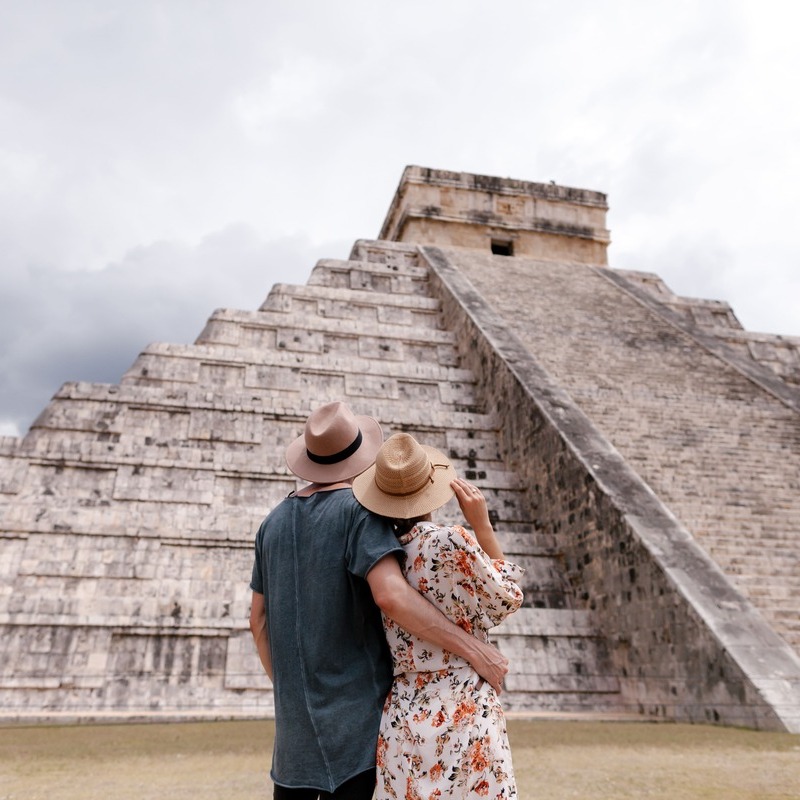

The openness to foreigners, proximity with the U.S. and Canada – Cancun hosts nonstop flights to 38 cities North of the border – and wide availability of consular services for American and Canadian expats in the state only add to Quintana Roo’s overall appeal.
Lastly, the Mexican Caribbean is one of the safest regions in Mexico, enjoying tighter surveillance and more investment in public safety and infrastructure.
Crime rates in tourist zones are fairly low, and incidents involving expats are rather infrequent compared to border zones or inland states.
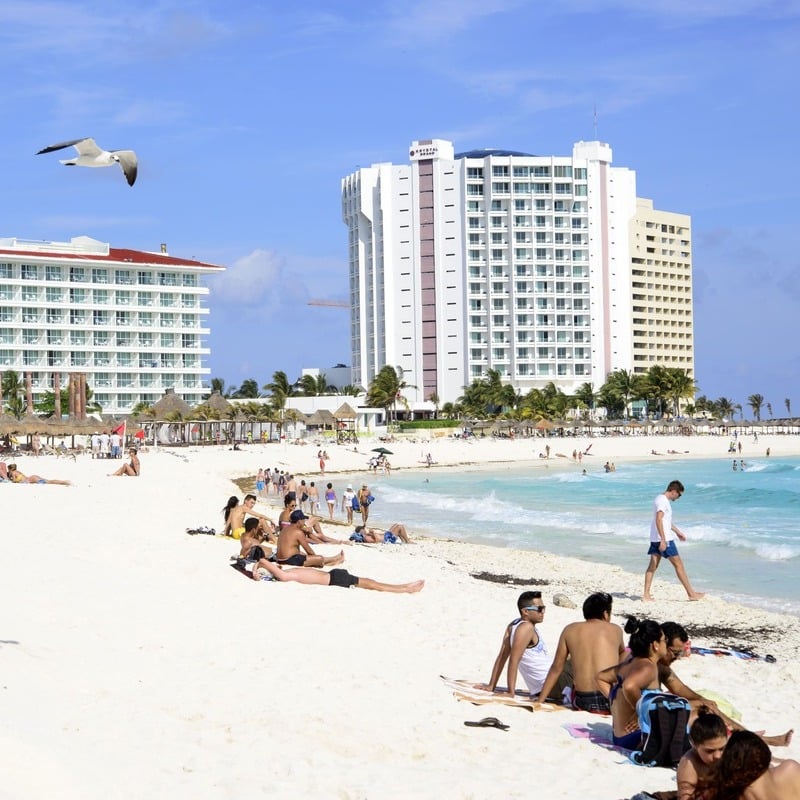

For many, these benefits continue to outweigh the rising inflation and overcrowding.
Taking these factors into account, it’s easy to see how Mexico would be deemed the best destination for Americans moving abroad.
↓ Elevate Your Travel↓
Sign Up Now For Travel Off Path Premium! No ads, VIP Content, Personal Travel Concierge, Huge Savings, Daily Deals, Members Forum & More!


✈️Join Our Travel Off Path Community Forum: Where travelers unite, ask questions, share experiences and even find like-minded travel buddies!
SUBSCRIBE TO OUR LATEST POSTS
Enter your email address to subscribe to Travel Off Path’s latest breaking travel news, straight to your inbox.
This article originally appeared on TravelOffPath.com
Opinions expressed here are the author’s alone, not those of any bank, credit card issuer, hotel, airline, or other entity. This content has not been reviewed, approved or otherwise endorsed by any of the entities included within the post.


